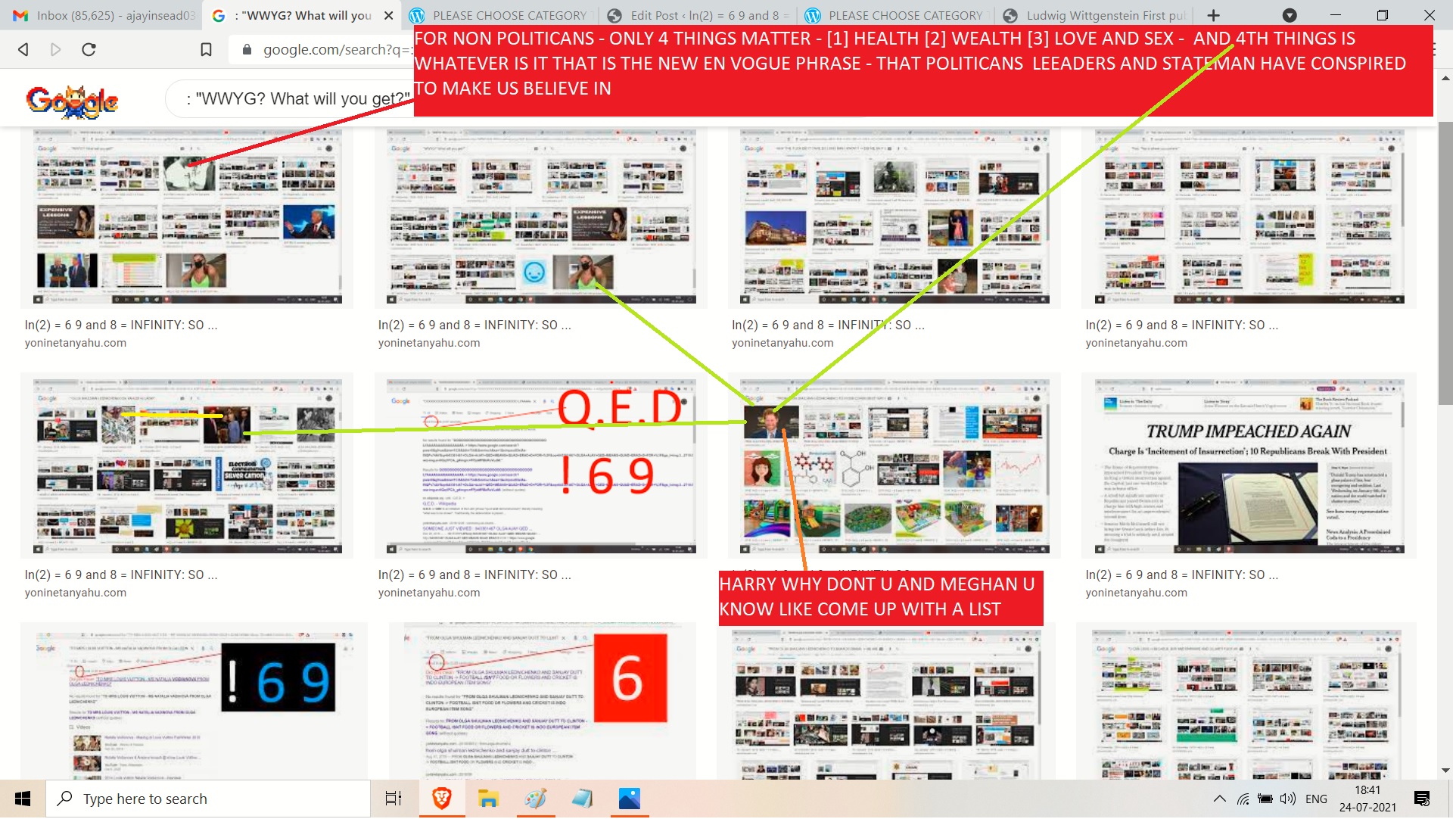
#Mia reading sebastian her poem la la land how to
Indeed, Žižek’s response to Mia and Sebastian singing ‘City of stars, are you shining just for me?’ is not one of sympathy for these two, but one of solidarity for all those like them: ‘to hum back the most stupid orthodox Marxist reply imaginable: “No, I am not shining just for the petit-bourgeois ambitious individual that you are, I am also shining for the thousands of exploited precarious workers in Hollywood whom you can’t see …”’įor all the lightness of its multicolour, old-school styling, song and dance, La La Land does take seriously its protagonists’ problem of how to pursue creative careers. ‘It’s a one-woman show,’ Mia tells her friends when they ask for parts in her play, ‘so I can’t.’ This doesn’t inspire sympathy with their plight. There is little room for collaboration in this project. Their ambitions remain the first-world expectations of what philosopher Slavoj Žižek calls the ‘petit-bourgeois ambitious individual’.

They have not yet buckled to the narrow horizons of their real status as precarious workers. They do not want to transform this world but to secure the place in it they have been led to believe (through the praise of teachers, parents and awards) naturally exists for them if they work hard enough. Mia’s and Sebastian’s goal of having successful creative careers is not particularly unusual, radical or threatening to their world as it is. Conspicuously absent are traces of the less structured, rebellious 1960s and 1970s fashions. Even as Sebastian’s and Mia’s career ambitions falter and shift over the course of their relationship, the stylish chiffon dresses, French pleats and waist-coated suits stay true, conjuring up the best, most visually attractive bits of an imagined past salvaged from the 1920s to the early 1960s. It’s a beautiful film, all drenched in primary reds, yellows, blues, with some pretty emerald green thrown in for good measure. It’s one part bittersweet romance, one part overcoming-the-odds career story, one part old-fashioned musical. La La Land is a small story of two people, Mia and Sebastian, with career ambitions and their relatively brief relationship along the way. Why then did I feel that La La Land had cheated me a little? Was it simply that it didn’t live up to the marketing narrative? Did it wallow too much in an idealised past? It’s worth looking more closely at what this film shows us about careers and success in an era of agile, gig-based workers, and the ways in which nostalgia can both anchor and conceal. The Observer’s Mark Kermode, for instance, who gave it five stars, described it as having a ‘timeless charm and brave sense of adventure’. With numerous prestigious nominations and awards, high box-office earnings and critical praise, it’s clear that enough of the people who matter like the film. If Mia’s worries about audiences liking her show are a projection of La La Land’s writer and director Damien Chazelle’s own concerns for his film, he needn’t have worried. The film takes up the story of Mia and Sebastian, two individuals trying to make a go of their dreams in LA, in the face of repeated rejections. ‘Will people like it?’ These might well be the two questions that linger for audiences after seeing La La Land. ‘Is it too nostalgic?’ she asks her boyfriend, jazz pianist Sebastian. ‘It feels really nostalgic to me,’ says aspiring actress Mia after reading her work in progress, a one-woman show. It was because, for all the talk of dreams and magic, its message was ultimately a frustratingly conservative one of individual success.

Sure I’d been distracted from the garbage fire of distant politics, but this film niggled, and it wasn’t because of the failed romance of two characters, Mia and Sebastian. (It was also my birthday and a few hours of holiday reality seemed to be in order.) Holding choc-tops that cost as much as the cheap tickets, I took my seat in the fourth row, not expecting much beyond a bit of nostalgic song and dance.īut two hours later, as I emerged into a sunny busy street (that was still there despite whatever might have happened in the United States during this time), the best I could summon was a shrug of my shoulders. Instead of revisiting my 1980s childhood preparation for nuclear war, I went to sit in a cool dark room and watch La La Land. In the late days of January, with the alternative facts of the newly inaugurated Trump administration dominating my feeds, I turned to the cinema to escape.


 0 kommentar(er)
0 kommentar(er)
